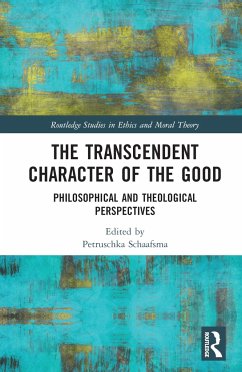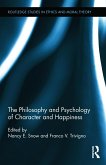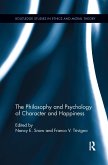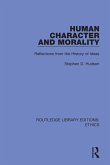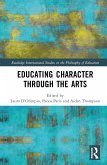This volume addresses issues of moral pluralism and polarization by drawing attention to the transcendent character of the good. It probes the history of Christian theology and moral philosophy to investigate the value of this idea and then relates it to contemporary moral issues. The good is transcendent in that it goes beyond concrete goods, things, acts, or individual preferences. It functions as the pole of a compass that helps orient our moral life. This volume explores the critical tension between the transcendent good and its concrete embodiments in the world through concepts like conscience, natural and divine law, virtue, and grace. The chapters are divided into three parts. Part I discusses metaphysical issues like the realist nature and the unity of the good in relation to philosophical, naturalist, and theological approaches from Augustine to Iris Murdoch. The chapters in Part II explore issues about knowing the transcendent good and doing good, exemplified in the delicate balance between divine command and human virtuousness. Early Protestant theological views prove to be excellent interlocutors for this reflection. Finally, Part III focuses on how transcendence is at stake in two heavily debated moral issues of today: euthanasia and the family. The Transcendent Character of the Good will be of interest to scholars and advanced students working in theological ethics, moral philosophy, and the history of ethics. The Open Access version of this book, available at www.taylorfrancis.com, has been made available under a Creative Commons Attribution-Non Commercial-No Derivatives 4.0 license.
Hinweis: Dieser Artikel kann nur an eine deutsche Lieferadresse ausgeliefert werden.
Hinweis: Dieser Artikel kann nur an eine deutsche Lieferadresse ausgeliefert werden.

